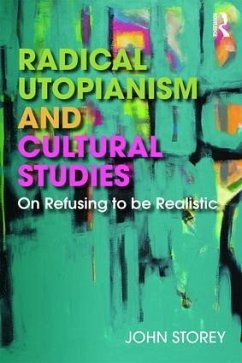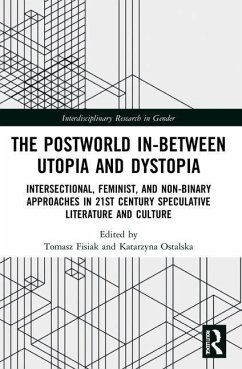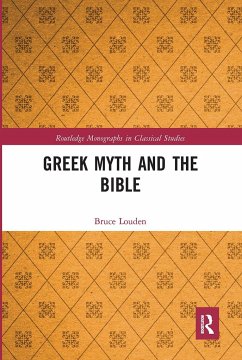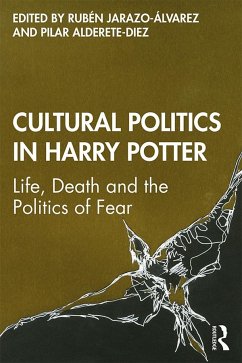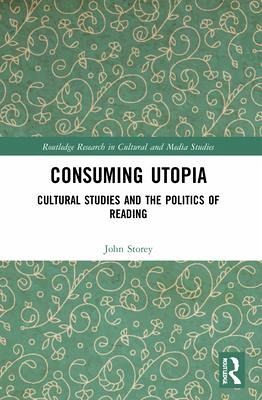
Consuming Utopia
Cultural Studies and the Politics of Reading
Versandkostenfrei!
Versandfertig in 6-10 Tagen
43,99 €
inkl. MwSt.
Weitere Ausgaben:

PAYBACK Punkte
22 °P sammeln!
Consuming Utopia builds on critical insights into consumption and utopianism developed in two previous books by the author to elaborate what it means to read utopian fiction (including dystopian and anti-utopian) from the critical perspective of cultural studies.With a critical focus on social practices of reading rather than on the text itself, John Storey advances a timely and relevant contribution to existing debates on utopian fiction, offering new insights into how we might understand the politics of utopian fiction. Finding readership and readers indispensable to the act of producing pol...
Consuming Utopia builds on critical insights into consumption and utopianism developed in two previous books by the author to elaborate what it means to read utopian fiction (including dystopian and anti-utopian) from the critical perspective of cultural studies.
With a critical focus on social practices of reading rather than on the text itself, John Storey advances a timely and relevant contribution to existing debates on utopian fiction, offering new insights into how we might understand the politics of utopian fiction. Finding readership and readers indispensable to the act of producing politics beyond the text, Storey argues that if utopian fiction has a 'politics', it is determined by those who, in actuality, pick up books and act on what they read, rather than readers proposed by textuality. By engaging with seminal concepts in cultural studies, this book shows how reading utopian fiction works to make the meaning of such texts material and social, and therefore available for politics.
An essential addition to the literature on utopian fiction, this book will be of great interest to scholars and students in the areas of cultural studies, literary studies, comparative literature, cultural politics, utopian studies, and political theory.
With a critical focus on social practices of reading rather than on the text itself, John Storey advances a timely and relevant contribution to existing debates on utopian fiction, offering new insights into how we might understand the politics of utopian fiction. Finding readership and readers indispensable to the act of producing politics beyond the text, Storey argues that if utopian fiction has a 'politics', it is determined by those who, in actuality, pick up books and act on what they read, rather than readers proposed by textuality. By engaging with seminal concepts in cultural studies, this book shows how reading utopian fiction works to make the meaning of such texts material and social, and therefore available for politics.
An essential addition to the literature on utopian fiction, this book will be of great interest to scholars and students in the areas of cultural studies, literary studies, comparative literature, cultural politics, utopian studies, and political theory.




